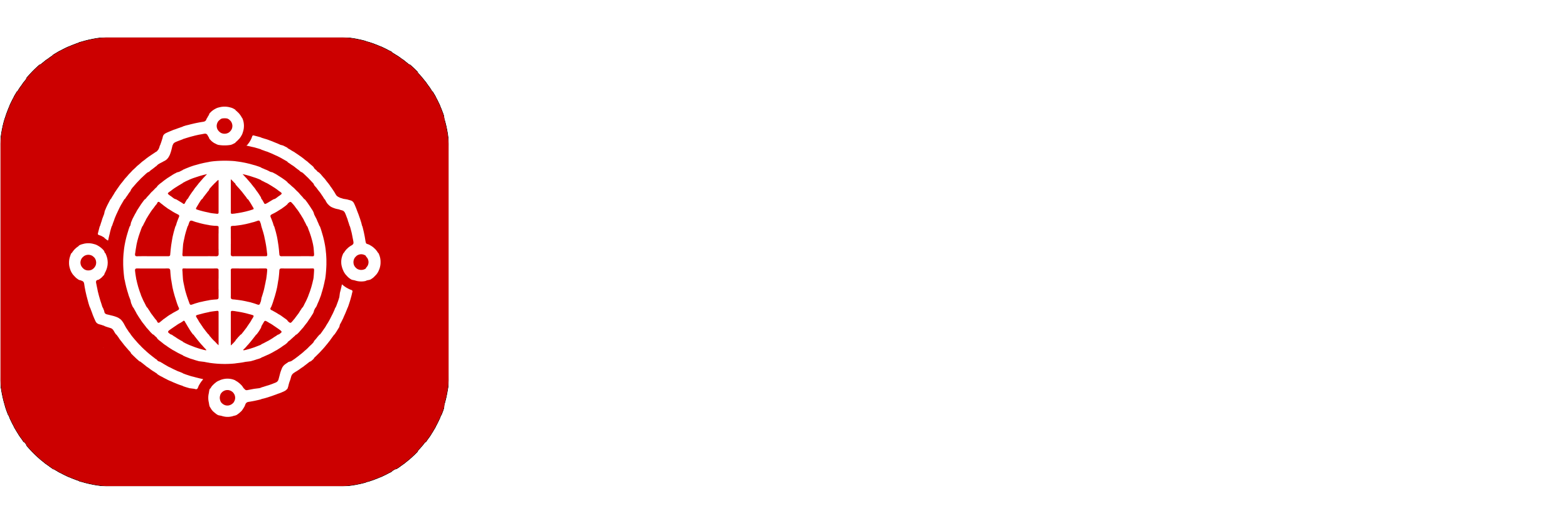As noted in Part 1 of this series, opportunities exist in the East Asian tech sector for Startups that are able to develop a business model that can address the market needs of the region.
In Part 1 of this series, MGSN focused on the market needs of South Korean industries to expand into new markets. The high development cost of the Korean Tech sector and the contracting population presents a significant market stress point. The market need is underscored by the government’s recognition that the business development policy with Africa has been ignored for too long and it is committed to facilitate collaborative growth for sustainable development.
“AgriTech will be a key feature in food production and the battle against the lost of farmlands across Africa.”
The collaborative commitment between the Korean government and several governments across the African continent is the anchor upon which entrepreneurs can build Startup models from Concept Generation. Another anchor point for an entrepreneur who does not reside in Korea or in any of the countries in Africa is the relatively new Korean government’s commitment to support Startup development as a policy.
Having anchors that can be used to add stability to the entrepreneurial pursuit to address the Market Stress Point, will enhance the focus to examine the most universal problem across the diverse nations in East Africa, South Africa, Central Africa, West Africa and North Africa. Once again, the hypothetical Entrepreneurs from France and the US will need to research each of these regions separately and drill down each state in a specific region to identify some analytical points that can be projected into market needs that are more universal in nature. The more universal the market the more options entrepreneurs have with the build out.
In Part 3 of this series, MGSN will examine the legal structures of the varied regional trade blocs and cross border institutions that will provide crucial Secondary Market Intelligence (SMI) that entrepreneurs can use in Concept Generation analytics. In order to keep the point of this article, in this series, on course, MGSN has conducted the research and analytics on the universality issue.
The combination of population growth and the desertification of arable land, are a dire market stress points. The ability to feed the youthful populations on many countries across the African continent requires immediate solutions.
It would be most helpful if there could be international laws, corporate governance, and individual commitments to reduce carbon emitting activities. The chances of consensus on these issue are not promising.
Korean manufacturing tech can provide a solution. The solution will meet the dictates of a solution for the Market Stress Point of South Korea to build new consumer markets and the market stress point of several African countries to provide a solution to desertification. The Seoul based Nthing, brings innovative manufacturing and agri-tech together that can grow vegetables in the harshest environments. The growing process and embedded tech offering produces vegetation with less water consumption and harmful pesticides than conventional farming.
The Startup has just complete Series B in the funding rounds. Series B is a difficult round. In order to have a successful Series C, the Founders of Nthing must judiciously spend the funds on product development and sales. Nthing needs significant product development. The ability to scale and grow diverse food products will be crucial. Frankly product/service line development might consume the Series B funds. However, if there are no sales a viable Series C is questionable.
A new market stress point. In Part 3 of this series. MGSN will tender the Structure and Offering of a Startup that will solve this Market Stress Point.


